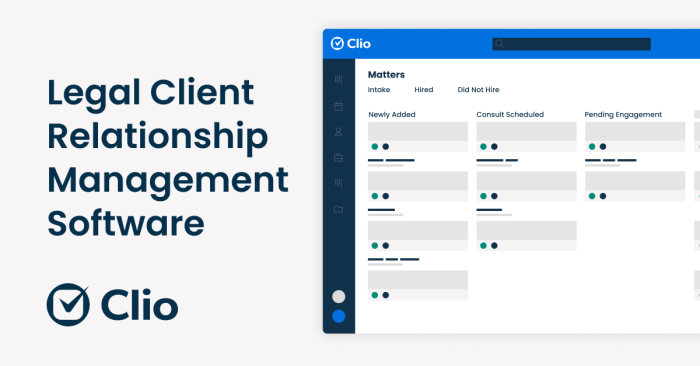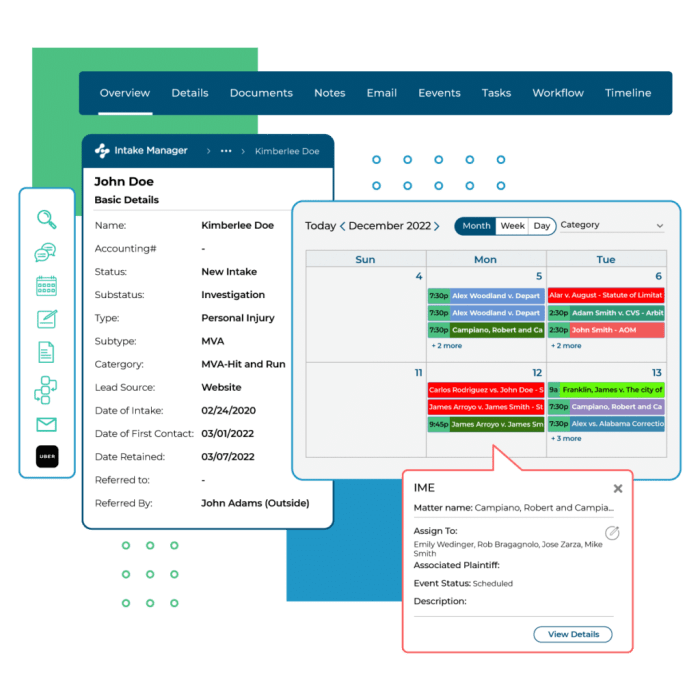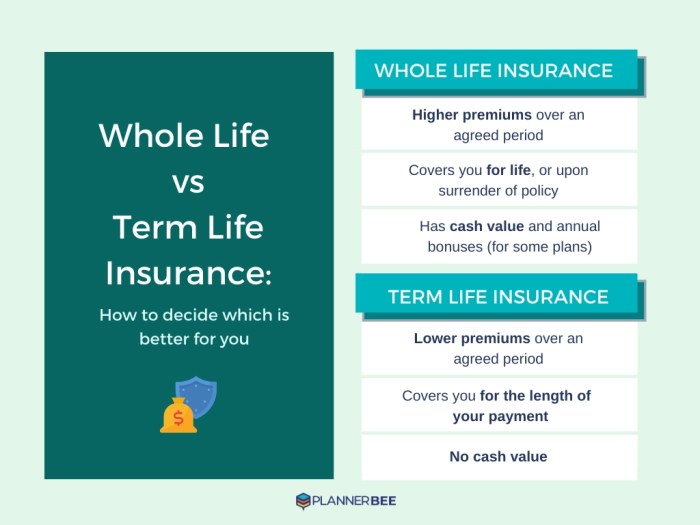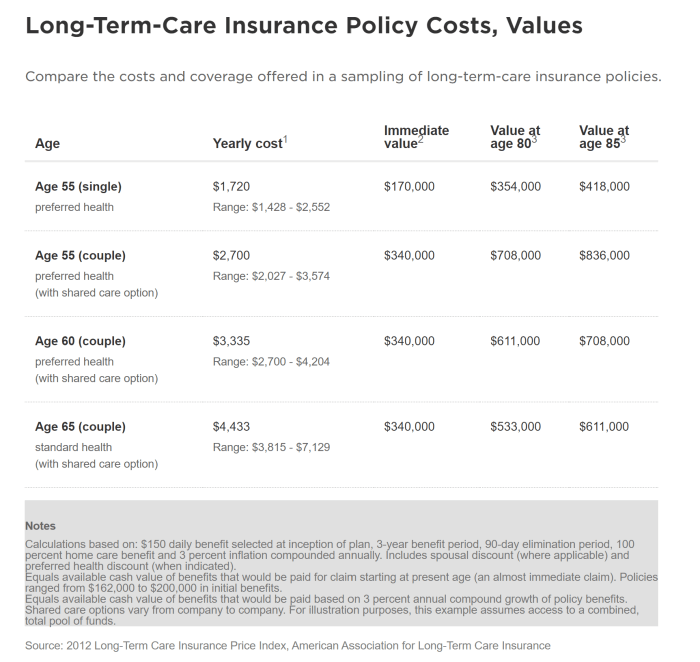Defining Personal Injury CRM Features

So, you’ve decided to ditch the overflowing Rolodex and embrace the digital age. Smart move! A Personal Injury CRM isn’t just a fancy address book; it’s your secret weapon in the quest for justice (and a healthy profit margin). Let’s dive into what makes these systems tick.
A Personal Injury CRM is specifically designed to manage the unique complexities of personal injury cases. Unlike general CRMs that focus on broad customer relationship management, personal injury CRMs are tailored to the specific needs of law firms handling car accidents, slip and falls, medical malpractice, and other injury claims. Think of it as a highly specialized Swiss Army knife for legal professionals, packed with features to streamline every stage of a case, from initial contact to settlement.
Core Functionalities of a Personal Injury CRM
At its heart, a Personal Injury CRM offers core functionalities aimed at optimizing case management and client communication. These include contact management (naturally!), case tracking, document storage, reporting and analytics, and communication tools. It allows you to meticulously track every detail of a case, from initial client intake forms to medical records, police reports, and settlement negotiations. This level of organization is crucial for maintaining efficiency and ensuring compliance.
Key Differences Between Personal Injury and General CRMs
While a general CRM might manage contacts and schedule appointments, it lacks the specialized features crucial for personal injury law. A personal injury CRM integrates features like medical record management, automated legal document generation, and specialized reporting that provides key insights into case progression and financial performance. Imagine trying to build a skyscraper with only a hammer – you’d get it done eventually, but it would be far less efficient and likely more chaotic than using specialized construction equipment.
Comparison of Three Leading Personal Injury CRM Systems
Let’s say we’re comparing three fictional but representative systems: “CaseMaster 5000,” “LegalZenith,” and “JusticeFlow.” CaseMaster 5000 excels in its robust reporting features, offering deep dives into case profitability and trends. LegalZenith shines with its intuitive interface and user-friendly design, making it ideal for firms with less tech-savvy staff. JusticeFlow, on the other hand, boasts unparalleled integration with other legal software and services, streamlining workflows.
Efficient case management is crucial in personal injury CRM, demanding robust systems to track client details and legal processes. The need for meticulous data organization mirrors the precision required in other specialized fields, such as the electrical industry, which also benefits from a dedicated CRM like electrical crm. Ultimately, a streamlined personal injury CRM leads to better client service and improved outcomes, just as a well-managed system does in any demanding profession.
| CRM System | Pricing Model | Key Features | Target User |
|---|---|---|---|
| CaseMaster 5000 | Subscription, tiered pricing based on user count and features | Advanced reporting, customizable dashboards, robust case management | Large firms with complex caseloads |
| LegalZenith | Subscription, single flat rate per user | User-friendly interface, streamlined workflow, strong client communication tools | Firms of all sizes, especially those prioritizing ease of use |
| JusticeFlow | Subscription, tiered pricing based on integration needs and data storage | Extensive API integrations, automated document generation, advanced case tracking | Tech-savvy firms seeking seamless integration with existing systems |
Client Management with a Personal Injury CRM
Let’s face it, juggling client files, phone calls, and court dates is about as fun as a root canal without anesthesia. But fear not, fellow legal eagles! A personal injury CRM can transform your chaotic caseload into a well-oiled, highly efficient machine. It’s like having a tireless, highly organized, and exceptionally discreet assistant who never takes a coffee break (or complains about the paperwork).Client onboarding, that initial flurry of paperwork and introductions, can be streamlined significantly with a well-designed personal injury CRM.
Imagine a system that automatically generates intake forms, securely stores client data, and tracks crucial deadlines, all in one place. No more lost files, frantic searches, or the dreaded “Where did I put that?” moment. This efficiency frees up valuable time to focus on what truly matters: winning cases and securing justice for your clients.
Streamlining Client Onboarding with a Personal Injury CRM
A robust personal injury CRM system automates many aspects of client onboarding. For example, it can initiate an automated email sequence sending welcome messages, intake forms, and necessary documents to new clients immediately upon contact. This immediate action reduces the administrative burden and improves client satisfaction by providing them with timely information and clear expectations. The system can also automatically schedule initial consultations and assign tasks to team members, ensuring no detail is overlooked.
Imagine the time saved – time that can be used to build stronger client relationships and focus on winning cases.
Managing Client Communication within a Personal Injury CRM
Effective communication is the cornerstone of any successful attorney-client relationship. A personal injury CRM centralizes all communication—emails, phone calls, text messages, and even secure messaging—in a single, easily accessible platform. This prevents miscommunication, ensures consistent messaging, and keeps everyone informed. Imagine having a complete communication history for each client readily available, enabling you to quickly and efficiently respond to inquiries or address concerns.
The system might even allow for automated appointment reminders and follow-up messages, further enhancing client experience and minimizing no-shows.
Tracking Client Case Progress Using a Personal Injury CRM
Visualizing the progress of multiple cases simultaneously can be a daunting task. A personal injury CRM addresses this challenge by providing customizable dashboards and progress trackers. These tools allow you to monitor key milestones, deadlines, and the overall status of each case with ease. This visual representation allows for proactive case management and prevents critical deadlines from being missed.
For example, a visual timeline of a case might highlight upcoming medical evaluations, depositions, and court dates, providing a clear overview of the case’s progress at a glance.
Maintaining Client Data Privacy and Security within a Personal Injury CRM
Protecting client data is paramount in the legal profession. A reputable personal injury CRM employs robust security measures to safeguard sensitive information. This includes data encryption, access controls, and regular security audits to ensure compliance with relevant regulations like HIPAA and GDPR. The system should offer features such as secure file storage, audit trails for all data access, and automated data backups to protect against data loss.
Choosing a CRM provider with a proven track record in data security is crucial to maintaining client trust and avoiding potential legal ramifications.
Case Management and Legal Processes: Personal Injury Crm

Let’s face it, the legal world can be a chaotic whirlwind of paperwork, deadlines, and the ever-present threat of missing a crucial detail. But fear not, intrepid legal eagle! A personal injury CRM swoops in to save the day, transforming your case management from a frantic scramble to a well-organized, efficient operation. Think of it as your very own, highly caffeinated legal assistant, working 24/7.A personal injury CRM acts as a central hub for all aspects of a case, ensuring that no crucial piece of information gets lost in the shuffle.
It streamlines the entire process, from initial client intake to final settlement, allowing you to focus on what truly matters: winning cases and helping your clients. This efficiency translates directly to improved client satisfaction and, let’s be honest, a healthier work-life balance.
Case Organization and Tracking
A personal injury CRM provides a structured system for organizing and tracking cases. Each case is assigned a unique identifier, and all related information—client details, medical records, police reports, correspondence, and deadlines—is stored in a central location, readily accessible with a few clicks. Imagine a digital filing cabinet that’s infinitely more efficient than the real thing, without the paper cuts! This centralized system eliminates the frustration of searching through piles of physical files and ensures that you always have the information you need, when you need it.
For example, a CRM could instantly show all cases involving specific injuries, allowing for efficient pattern recognition and potentially identifying common negligent parties.
Deadline and Appointment Management
Missed deadlines can be catastrophic in personal injury cases. A personal injury CRM helps you avoid such mishaps by providing automated reminders and alerts for upcoming deadlines, appointments, and crucial milestones. This feature ensures that you never miss a court date, a discovery deadline, or a crucial medical appointment. The CRM can be configured to send reminders via email, text message, or even integrate with your calendar application, providing a multi-layered approach to ensure timely action.
For instance, the system could automatically flag cases approaching statute of limitations, prompting immediate action from the legal team.
Document Management and Evidence Storage
Imagine trying to manage hundreds of documents related to a single case—medical records, police reports, insurance documents, witness statements, and more. A personal injury CRM simplifies this process by providing secure storage and easy access to all case-related documents. The system often incorporates robust search functionality, allowing you to quickly locate specific documents based on s, dates, or other criteria.
Moreover, many CRMs offer version control, ensuring that you always have access to the most up-to-date version of a document, and preventing accidental overwrites. Secure storage also ensures compliance with data privacy regulations. For example, a lawyer can easily locate a specific medical report within seconds, improving the speed and efficiency of their work.
Managing Litigation Processes with a Personal Injury CRM: A Step-by-Step Guide
Successfully navigating the complexities of litigation requires meticulous organization and precise timing. A personal injury CRM streamlines this process.
- Case Intake and Initial Assessment: Record all client details, accident information, and initial medical reports directly into the CRM. This creates a comprehensive case file from the outset.
- Investigation and Discovery: Log all investigative activities, including witness interviews, police report requests, and medical record retrieval. The CRM allows you to track the status of each task and ensures nothing falls through the cracks.
- Pleadings and Motions: Schedule deadlines for filing pleadings and motions. The CRM’s calendar and reminder features prevent missed deadlines and ensure timely filing.
- Depositions and Interrogatories: Manage and track all depositions and interrogatories, including scheduling, document production, and follow-up.
- Settlement Negotiations: Record all settlement offers, counter-offers, and communications with the opposing counsel. This detailed history facilitates efficient negotiation and strategic decision-making.
- Trial Preparation: Organize and manage all evidence, witness statements, and trial exhibits. The CRM ensures easy access to all necessary materials during trial preparation.
- Post-Trial Activities: Document all post-trial activities, including judgment entry, appeals, and post-judgment collections.
Following this structured approach, using a personal injury CRM, significantly reduces the risk of errors and omissions during litigation, resulting in a smoother, more efficient process.



